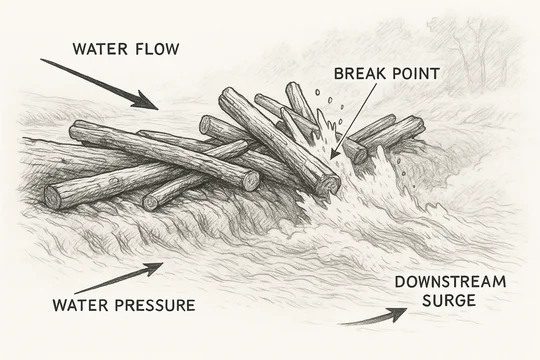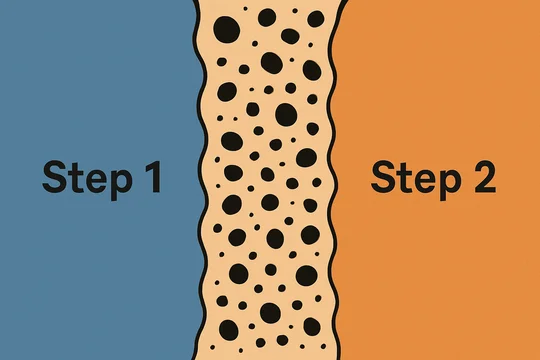
Yesterday, Judge Noreika denied an early Section 101 challenge to two patents-in-suit, in light of a factual dispute regarding unconventionality of certain aspects of the claimed invention.
Although plaintiff managed to survive the § 101 motion, it failed to meet the relatively un-demanding standard for pleading direct infringement – a test that would have been satisfied if the plaintiff had simply "identified the . . . accused products and alleged that the accused products met 'each and every element of at least one claim' of the asserted patents, either literally or equivalently."
A Plausible Unconventionality Allegation Defeats a § 101 Motion
The moving defendants successfully established in step one of the § 101 test that the patents-in-suit were directed to an abstract idea ("controlling access to and the functionality of a device"). However, in analyzing step two, Judge Noreika found that a factual dispute regarding unconventionality of one aspect of the invention – remote storage of access and control policies – precluded a finding of invalidity.
In addition to alleging in its complaint that this feature was unconventional, the plaintiff also apparently filed with its complaint (or at least incorporated into its complaint by reference) an expert declaration designed to demonstrate the unconventionality and benefits of this feature. Defendants argued that plaintiff had failed to point to anything in the specification that showed unconventionality of remote storage, but Judge Noreika rejected that argument:
I do not agree that Plaintiff’s pleading must point to portions of the specification that support its contention that certain limitations are not well understood, routine or conventional. At a motion to dismiss, Aatrix requires me to resolve any plausibly alleged factual issues in favor of the patentee at step two. This means that if Plaintiff includes in its complaint plausible factual allegations that support the conclusion that the claim elements or their ordered combination were not well understood, routine or conventional and there is nothing in the record that I can properly consider on a motion to dismiss that contradicts those allegations, then those factual issues must be decided in favor of Plaintiff.
Having found that a ruling in defendants' favor on step two of the § 101 analysis was precluded by a factual dispute regarding unconventionality, Judge Noreika denied § 101 motion.
Plaintiff Pled Unconventionality, But Failed to Plausibly Plead Infringement
Interestingly, however, one of the two moving defendants had also mounted challenges to plaintiff's direct infringement allegations.
These types of challenges have become less common over the years as the Federal Circuit decisions have clarified that the abrogation of Form 18 (the erstwhile form complaint for patent infringement appended to the Federal Rules) did not actually result in a higher bar for pleading patent infringement.
Instead, as Judge Noreika noted, the cases currently require only an identification of the accused product and an allegation that the accused product infringes each and every element of at least one claim of the asserted patent.
However, in this case, the plaintiff failed to meet even that "relatively low bar," as the Judge noted. She explained as follows:
Nowhere in Plaintiff’s complaint is there any allegation that the accused Gryphon products meet each and every limitation of claim 27 (or any other claim) of the two asserted patents. And there is no attempt to map the accused products onto the limitations of the asserted claims. Indeed, the only allegation that Plaintiff sets forth is a recitation of the activities from 35 U.S.C. § 271(a) purportedly attributable to Gryphon and that the accused products “practice” or “embody” the identified claims.
Without any plausible allegation linking the asserted claims to the accused products, Judge Noreika granted the motion to dismiss.
She noted that plaintiff's complaint was "pretty lacking in many respects," and admonished plaintiff to "carefully review the elements of each cause of action asserted and include factual allegations to render it plausible that [plaintiff] is liable for the acts accused," prior to filing any amended pleading.
If you enjoyed this post, consider subscribing to receive free e-mail updates about new posts.





